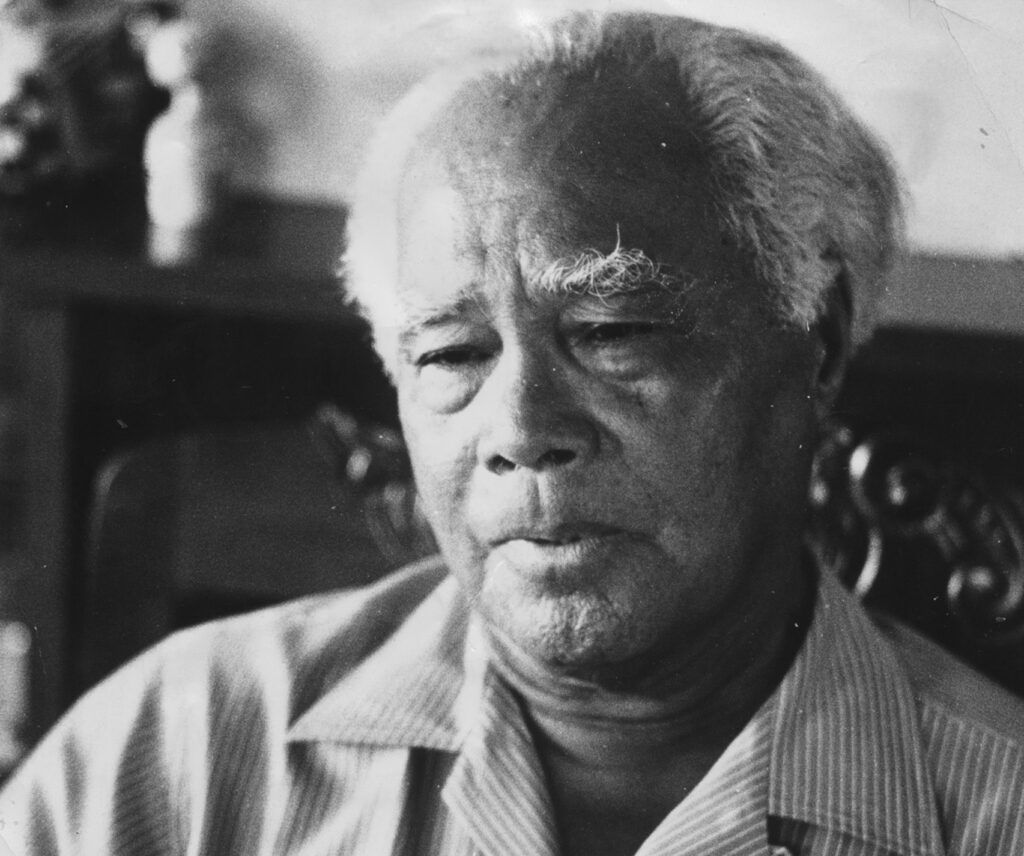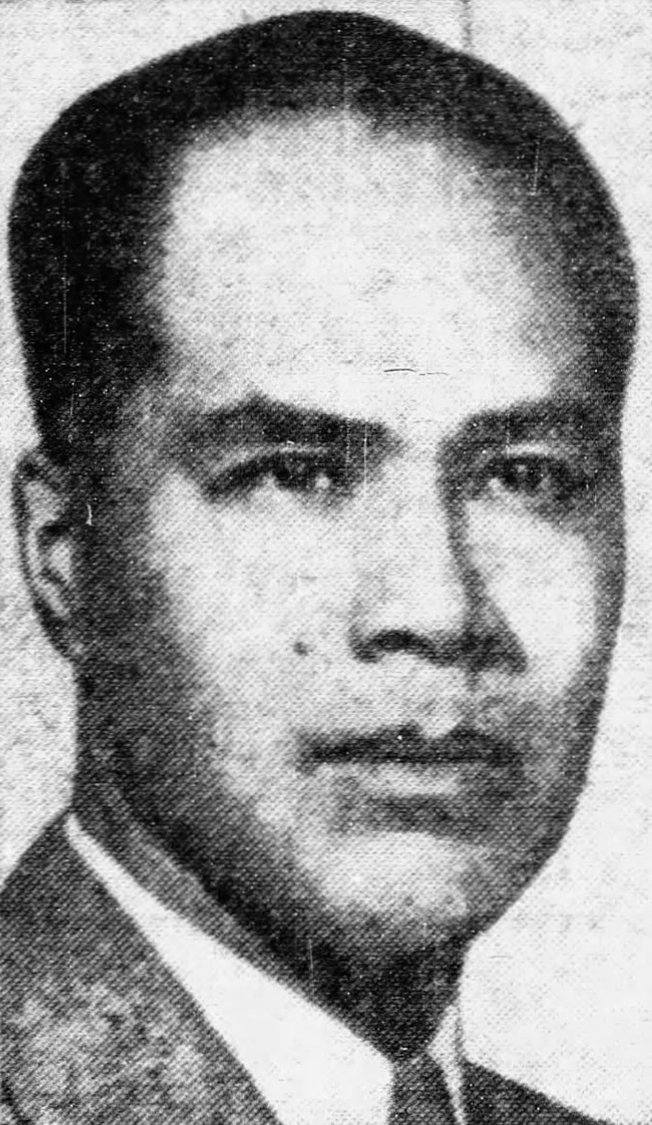Percy Chen, an Afro-Trinidadian Chinese lawyer, businessman, and political activist, was a founding member of the Hong Kong Bar Association. Born in Belmont, Port-of-Spain, Trinidad and Tobago in 1901, he was the eldest of his parents’ seven children. His father, Eugene Chen, a Chinese lawyer and diplomat, would later become the foreign minister for the Chinese government. His mother Agatha Ganteaume, a French Creole, was the daughter of the largest Trinidadian landowners on the island. Chen grew up in London and studied at the University of College School. Chen who studied law in London, passed the English bar in 1922, at the age of 21, and then moved back to Trinidad where he practiced law from 1923 to 1925.
In 1926, Chen moved to China and assumed a position at the office of foreign affairs with his father. While in China, they both never learned to speak Chinese. Yet, a year later, Eugene Chen asked his son, Percy, to bring Mikhail Borodin, a Jewish Communist agent to the Nationalist Party. After that visit, Percy Chen moved to the Soviet Union and lived there for six years under a Russian name. He returned to China in 1933 but after becoming dissatisfied with the Nationalist Party which then ruled China, he joined the Chinese Communist Party. In 1947, Chen left Peking, the capital of China, and moved to Hong Kong, then a British colony. He established a private law practice there and in 1948, founded the Bar Association of Hong Kong.

A year later when Mao Zedong and the Chinese Communists took control of mainland China, Chen and other Hong Kong Communists established the Hong Kong Chinese Reform Association in opposition to constitutional reforms proposed by British colonial authorities. In 1952 Chen entered Hong Kong politics, running that year and the following year unsuccessfully for a seat on the Hong Kong Urban Council. He then used his political networks to establish the Marco Polo Club that aimed to bring together Chinese politicians and political stakeholders from all over the world. The club sponsored formal dinners for various foreign influencers such as journalists, businessmen, politicians, and counselors. Diplomats from the United States were not invited to the dinners, however, because of the strained relationship between China and the U.S. during the Cold War. That changed in 1972 when Nixon decided to open diplomatic relations with China.
Toward the end of his life, Chen wrote his memoir in 1979 titled China Called Me: My Life Inside the Chinese Revolution. As a member of the Sino-British Club in Hong Kong, Chen signed the Sino-British Joint Declaration in December of 1984. This treaty allowed the United Kingdom to transfer control of Hong Kong to China and set conditions for regulating its system of governance. Chen died five years later on February 20, 1989 at the age of 88.

